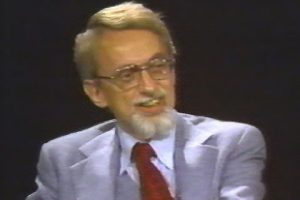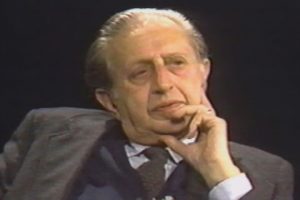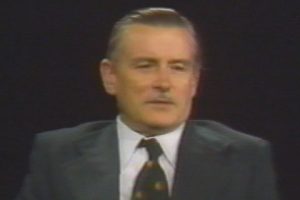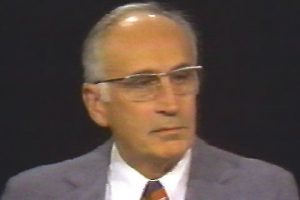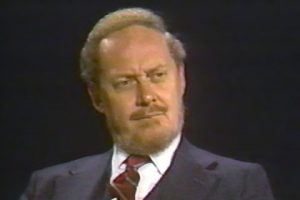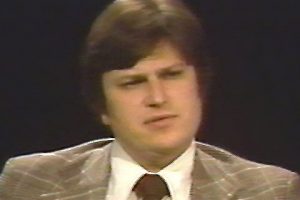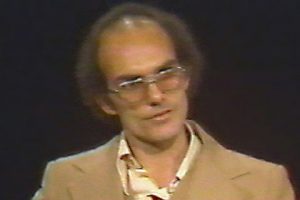Bob Chitester (Part II)
About this video
Bob Chitester interviews Friedrich A. Hayek (Part II)
What was Hayek the person and his thoughts on people? Dr. Hayek describes what motivates him in his work, and what influenced his attitude toward work and achievement. Relating to The Sensory Order, the purpose of instincts in contemporary society, and the corresponding downsides of them are discussed. The importance of translating obtuse theory into workable policy for the politicians, and corresponding to that the difficulities of communicating economic ideas to the general public, are related to Hayek’s work on behalf of Margaret Thatcher. The distinction between religion, which Hayek communicates his ignorance about, and that of the development and sustaining of moral structure in society is compared and contrasted. Finally, Dr. Hayek emphasizes the importance of honor and his hatred of intellectual dishonesty.
Credits
More Interviews
Bob Chitester (Part II)
About this video
Bob Chitester interviews Friedrich A. Hayek (Part II)
What was Hayek the person and his thoughts on people? Dr. Hayek describes what motivates him in his work, and what influenced his attitude toward work and achievement. Relating to The Sensory Order, the purpose of instincts in contemporary society, and the corresponding downsides of them are discussed. The importance of translating obtuse theory into workable policy for the politicians, and corresponding to that the difficulities of communicating economic ideas to the general public, are related to Hayek’s work on behalf of Margaret Thatcher. The distinction between religion, which Hayek communicates his ignorance about, and that of the development and sustaining of moral structure in society is compared and contrasted. Finally, Dr. Hayek emphasizes the importance of honor and his hatred of intellectual dishonesty.

